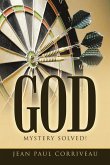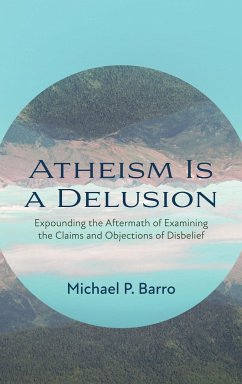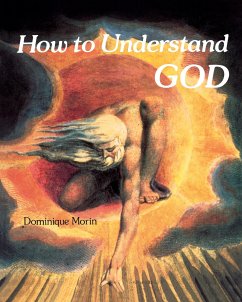Drawing on fundamental notions from quantum physics, this book uses logic and careful reasoning to prove that God exists-but not in the way most think. Jean Paul Corriveau, who earned degrees in mathematics and computer science, explains how long-held beliefs about God are all wrong. After reading, you'll know: ¿ God is neither the source of intelligence nor consciousness and not the least involved in life and its evolution. ¿ Nature has no design-and intelligence is a product of evolution. ¿ God is nowhere in the universe, but He is its energy source. ¿ There is no heaven, hell, or afterlife. The author argues that the evolution of nature and life, from the Big Bang onward, is from randomness and luck. There was never an intent. God is the only nonphysical entity, so prayers don't reach Him. The relationships between God, humans, the universe, and Earth aren't what the Bible tells us or what people think. Join the author as he explores how we know God exists and what that really means.








